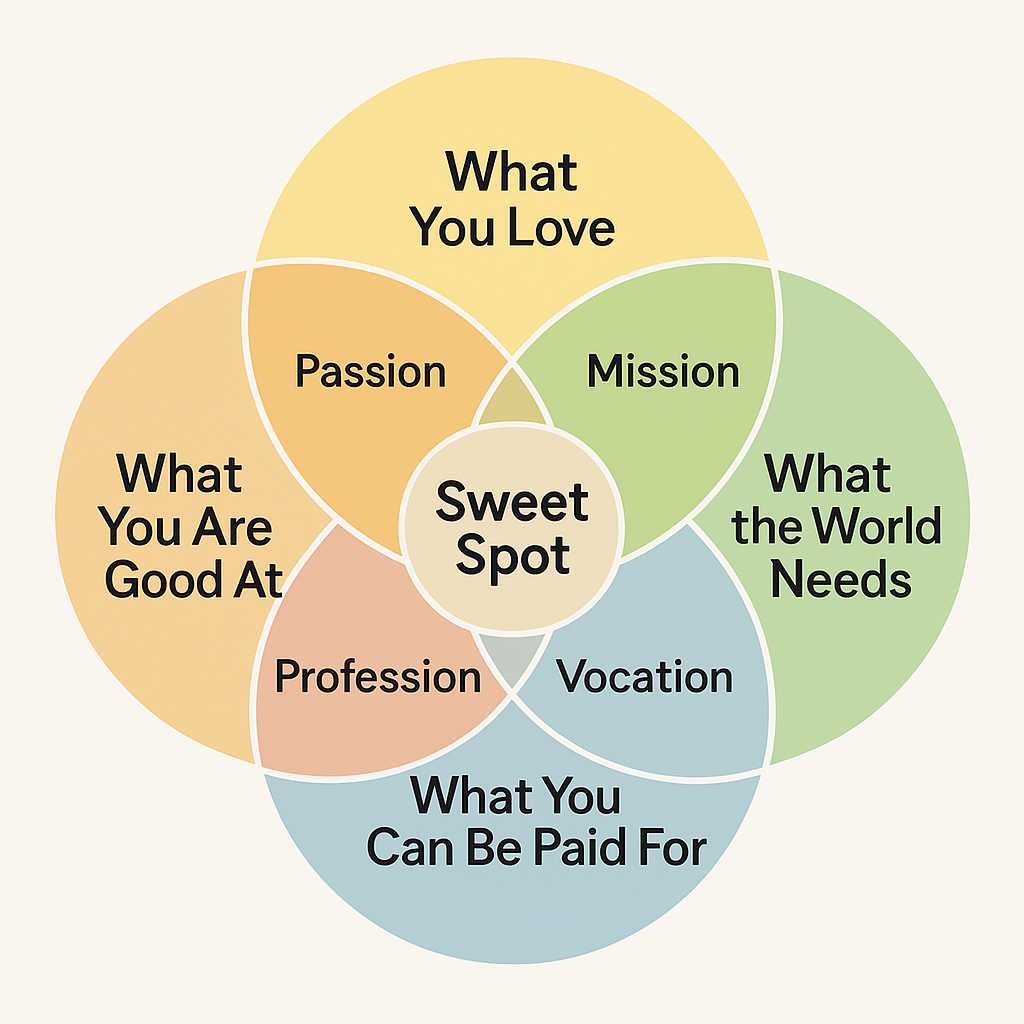The vast majority of people work primarily to earn money and maintain their lifestyle. It’s a practical reality: bills must be paid, groceries bought, and financial goals met. However, this often means people choose careers based not on passion or personal fulfillment, but on practicality alone. Over time, this can lead to a deep sense of dissatisfaction. Work becomes something to endure rather than enjoy, and each Monday morning feels heavier than the last.
When you don’t derive any personal fulfillment from your work, going to work can feel like a chore — something you reluctantly drag yourself through day after day. The energy you expend feels forced, and the enthusiasm that once might have sparked your efforts slowly fades away. You start living for weekends and vacations, constantly dreaming of an escape.
By contrast, when your work aligns with your personal passions and values, something magical happens: work stops feeling like work. You wake up with energy, purpose, and excitement. You look forward to the challenges of the day because they allow you to express your talents and contribute to something meaningful. You willingly invest more of your creative energy into your work, not because you have to, but because you want to.
For most people, the prevailing societal narrative is that you should be grateful just to have a job. This story, rooted in a mindset of economic survival, often discourages individuals from daring to pursue something greater—something personally fulfilling. It emphasizes stability over satisfaction, paycheck over passion.
Successful entrepreneurs, however, take a different path. They conduct an extensive introspective search to uncover what truly excites and fulfills them. They examine not just what they’re good at, but what they love to do, what the world needs, and what can generate income. They seek the “sweet spot” where passion, talent, societal demand, and profitability intersect.
A great visual tool for this process is the “Ikigai” model, represented in the diagram below:

This visual perfectly captures the concept. True fulfillment is found at the intersection of four key areas:
- What You Love
- What You Are Good At
- What the World Needs
- What You Can Be Paid For
When all these elements align, you tap into a powerful sense of purpose that not only sustains your livelihood but also energizes your soul.
Related Post: How Ikigai Is Driving Personal Fulfillment and Changing Small Businesses
Finding your sweet spot doesn’t always mean quitting your job tomorrow. Sometimes it means starting a side hustle. Other times, it involves realigning your current role to better fit your strengths and passions. The key is to take deliberate steps toward work that fuels you rather than drains you.
If you feel a sense of dread about going to work, it might be time for some honest soul-searching. What would you do if money weren’t an issue? What skills do you have that light you up inside? How could those skills meet a real-world need?
Discovering fulfilling work may require risk and courage, but the rewards — joy, meaning, and renewed energy — are worth it.
Do you get personal fulfillment from your work, or are you settling for a paycheck at the cost of your happiness?












